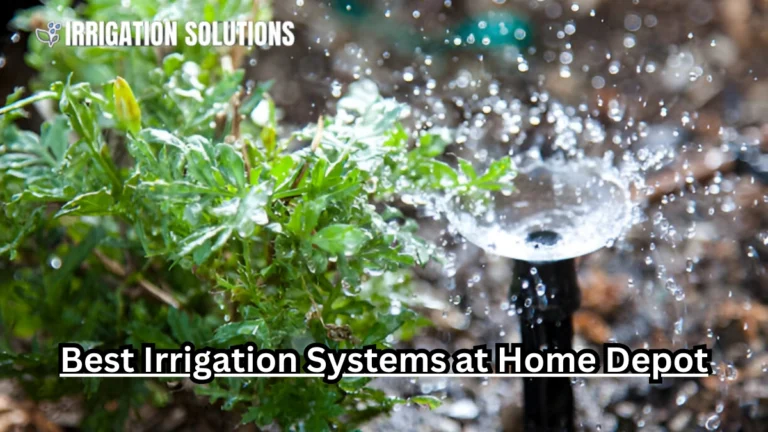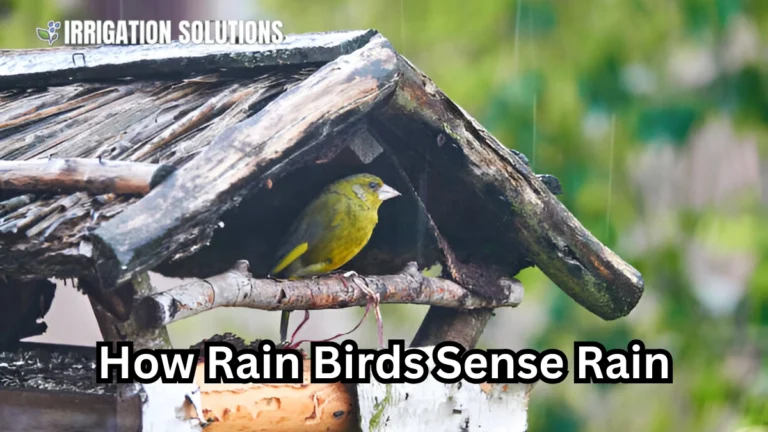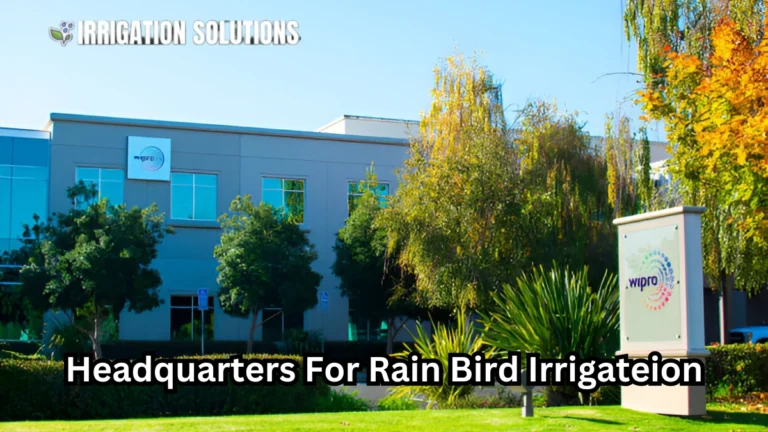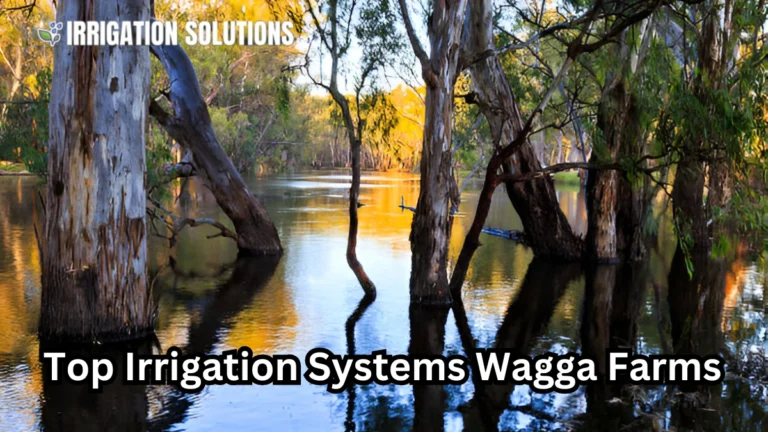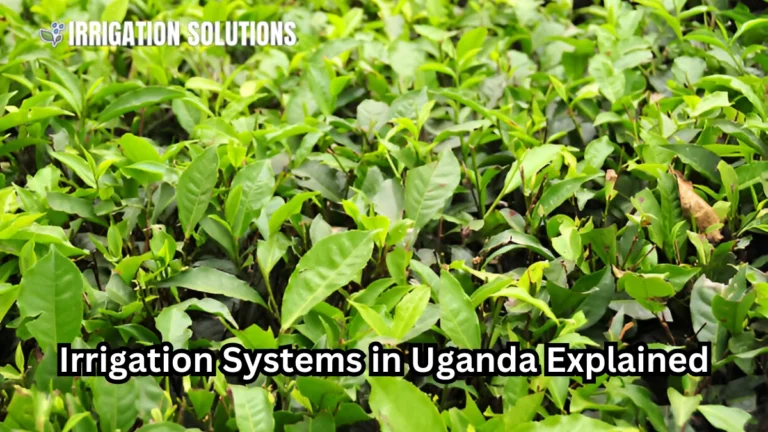top irrigation management solutions
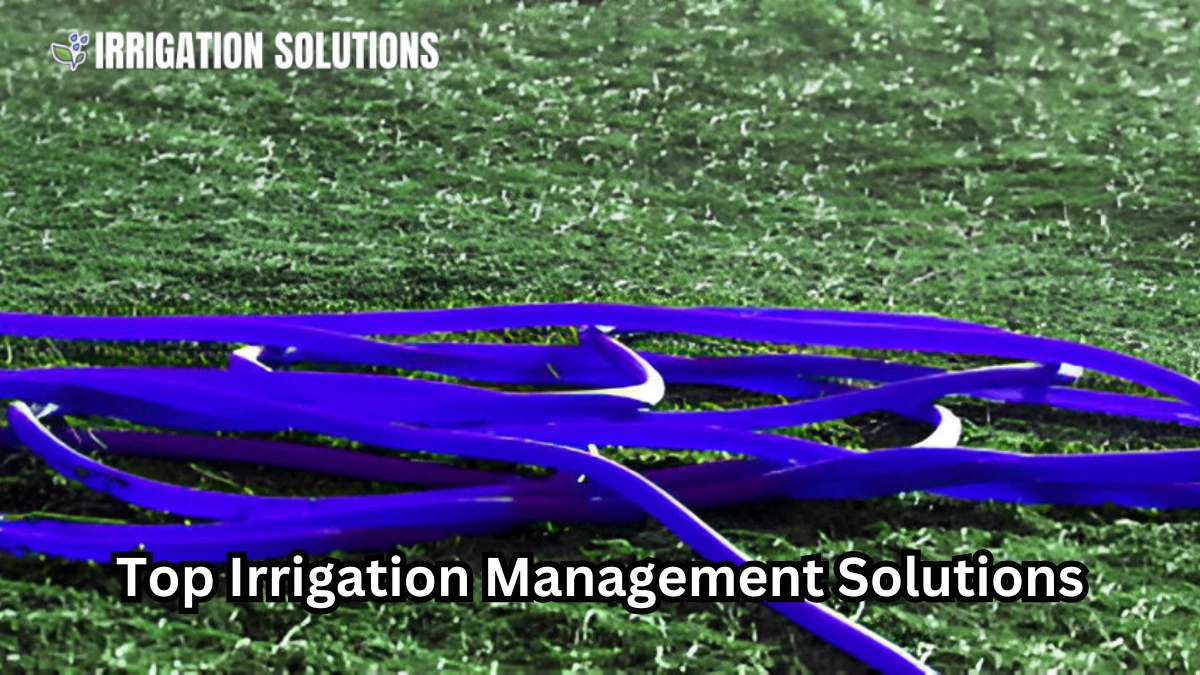
Effective irrigation management solutions is a cornerstone of sustainable agriculture, ensuring optimal water use while enhancing crop productivity. With global water resources under increasing strain, adopting advanced irrigation solutions is no longer optional, it’s essential. This guide explores innovative irrigation management solutions, practical tips, and their profound benefits for farmers and the environment.
What Is irrigation management solutions?
Irrigation management involves strategically supplying water to crops at the right time and in the right amounts to maximize growth and minimize waste. The aim is to achieve a balance between crop water requirements and the availability of water resources, ensuring sustainable farming practices.
Why Is Effective Irrigation Management Critical?
- Water Conservation: Agriculture accounts for 70% of global freshwater usage. Proper management reduces waste and promotes sustainability.
- Improved Crop Yields: Providing crops with optimal water enhances growth, nutrient absorption, and resistance to diseases.
- Cost Savings: Reducing water wastage translates to lower operational costs for farmers.
- Environmental Impact: Minimizing water runoff prevents soil erosion and protects nearby ecosystems from chemical leaching.
Types of Irrigation Systems and Their Efficiency
Selecting the right irrigation system is crucial for efficient water use. Here’s a breakdown of common systems, their pros, and their cons:
| Irrigation System | Efficiency (%) | Advantages | Disadvantages |
| Drip Irrigation | 85–90 | Minimizes water wastage; ideal for water-scarce regions; reduces weed growth | High initial costs; susceptible to clogging |
| Sprinkler Irrigation | 70–85 | Uniform water distribution; suitable for varied soil types | High evaporation losses; wind can disrupt water flow |
| Surface Irrigation | 50–70 | Low setup costs; traditional and simple to implement | High water losses due to runoff and evaporation |
| Subsurface Irrigation | 90–95 | Delivers water directly to roots; reduces evaporation losses | Expensive setup; difficult to monitor and maintain |
Advanced Technologies Enhancing Irrigation Systems
- Sensors and IoT Devices: Soil moisture sensors and smart controllers provide real time data, allowing precise irrigation scheduling.
- Drones and Satellite Imagery: These tools offer aerial views to detect dry spots, improving water allocation.
- Automation Systems: Fully automated setups use AI to analyze weather data and predict irrigation needs.
Practical Tips for Better Irrigation Management
Even with the best systems in place, improper practices can lead to inefficiencies. Follow these practical tips for optimal irrigation:
Regularly Monitor Soil Moisture
Use tools like tensiometers and soil moisture probes to assess water availability in the root zone. Maintaining soil moisture within an optimal range prevents both overwatering and underwatering.
Optimize Irrigation Scheduling
- Know Your Group’s Needs: Different crops have different water requirements based on their growth stages. For instance:
- Corn requires more water during the tasseling and silking stages.
- Tomatoes benefit from consistent moisture to avoid cracking.
- Consider Weather Conditions: Adjust irrigation schedules based on rainfall forecasts and evapotranspiration rates.
Reduce Evaporation Losses
- Water Early or Late: Irrigating during early morning or late evening minimizes evaporation.
- Use Mulching: Organic mulches retain soil moisture and reduce surface evaporation.
Maintain Your System
Regularly inspect pipes, nozzles, and emitters for leaks or clogs. Proper maintenance extends the lifespan of your irrigation system and ensures consistent performance.
Case Study: Drip Irrigation in Arid Regions
A farmer in Rajasthan, India, switched from traditional flood irrigation to drip irrigation. The results were remarkable:
- Water Use: Reduced by 50%.
- Yield: Increased by 40%.
- Cost Savings: Operational costs decreased significantly due to reduced water and fertilizer inputs.
This case demonstrates how targeted solutions can transform agricultural practices in water scarce areas.
Innovations Driving the Future of Irrigation
Artificial Intelligence in Irrigation
AI algorithms analyze weather patterns, soil data, and crop requirements to predict irrigation needs with unmatched accuracy. For example, systems like CropX integrate AI and IoT for intelligent water management.
Solar Powered Irrigation
Solar pumps provide an eco friendly alternative to conventional systems, especially in off grid areas. These systems reduce dependency on fossil fuels and cut energy costs.
Water Recycling Systems
Reusing treated wastewater for irrigation is gaining traction in urban agriculture. These systems lower water demand while providing crops with nutrient rich water.
Overcoming Challenges in Irrigation Management
While the benefits of efficient irrigation are clear, challenges persist:
- High Initial Costs: Advanced systems like drip irrigation can be expensive to install. Governments and NGOs must step in with subsidies or grants.
- Lack of Awareness: Educating farmers about modern irrigation practices is vital.
- Water Quality Issues: Poor quality water can clog systems and harm crops. Implementing filtration systems is essential.
Conclusion
Adopting efficient irrigation management solutions is a game changer for modern agriculture. Whether through advanced technologies like AI or simple practices like mulching, every effort contributes to conserving water and boosting crop yields. By investing in sustainable methods today, farmers can ensure long term profitability and environmental stewardship.

